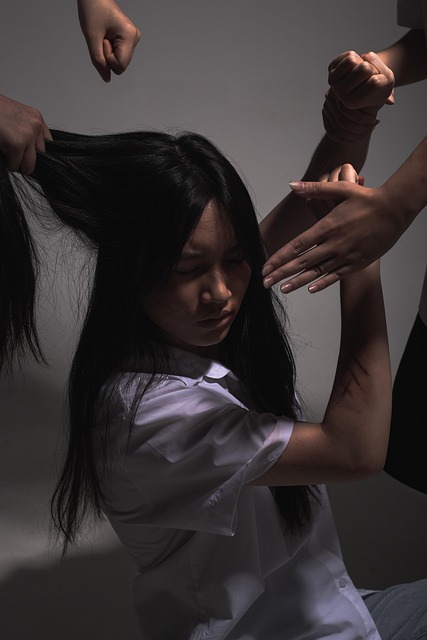Teen Challenge Abuse Survivors face unique challenges from emotional, physical, and psychological abuse within the program, coupled with isolation and manipulation. Counseling emphasizes safe spaces of non-judgmental acceptance, involving trauma processing, rebuilding self-esteem, and healthy coping mechanisms through individual and group therapy. Techniques like CBT, EMDR, and trauma-focused support help process complex emotions. Open dialogue, art, music, writing, and peer support groups empower survivors to heal, challenge negative beliefs, restore identity, and find resilience.
Many teens face significant emotional challenges within Teen Challenge programs, often experiencing abuse that requires specialized counseling and care. This article explores the unique needs of Teen Challenge abuse survivors and offers practical guidance for counselors. We delve into creating safe spaces, employing effective counseling strategies for healing, and supportive steps to rebuild self-worth and identity. By understanding these survivors’ complexities, we can provide tailored support for their profound journey towards recovery.
- Understanding Teen Challenge Abuse Survivors' Unique Needs
- Creating Safe Spaces: Counseling Strategies for Healing
- Supportive Steps Towards Rebuilding Self-Worth and Identity
Understanding Teen Challenge Abuse Survivors' Unique Needs

Teen Challenge Abuse Survivors face distinct challenges that stem from their unique experiences within the program. Many have endured emotional, physical, or psychological abuse, often coupled with isolation and manipulation tactics. This can lead to a range of complex issues such as low self-esteem, trust difficulties, and behavioral problems.
Counseling for these survivors requires a nuanced approach. Therapists must create a safe space, fostering an environment of non-judgmental acceptance. The process involves helping them process their trauma, rebuilding self-worth, and developing healthy coping mechanisms. Individual and group therapy can be powerful tools, allowing survivors to connect with peers who understand their struggles, while also providing dedicated support for personal growth and recovery.
Creating Safe Spaces: Counseling Strategies for Healing

Creating safe spaces is paramount in counseling Teen Challenge abuse victims. Therapists must establish environments that foster trust, empathy, and non-judgment to encourage vulnerability. This involves active listening, reflective listening, and validating the survivor’s experiences, ensuring they feel heard and understood. Techniques such as cognitive-behavioral therapy (CBT), eye movement desensitization and reprocessing (EMDR), and trauma-focused support can help process and resolve complex emotions stemming from abuse.
In these safe spaces, counselors facilitate open dialogue, allowing survivors to express their feelings freely. They encourage the use of art, music, or writing as therapeutic outlets to process trauma. Group therapy sessions also play a crucial role by providing peer support and a sense of community, helping survivors understand they are not alone in their journey towards healing.
Supportive Steps Towards Rebuilding Self-Worth and Identity

For Teen Challenge abuse survivors, rebuilding self-worth and identity is a crucial step in their healing journey. It begins with creating a safe and supportive environment where they feel validated and understood. Counselors play a vital role in fostering this by actively listening to the survivors’ experiences, acknowledging their feelings, and offering empathy. This supportive atmosphere encourages victims to express themselves freely, helping them process the trauma and begin to reframe their self-perception.
Through personalized therapeutic interventions, Teen Challenge abuse victims can start to challenge negative beliefs and thoughts that have formed as a result of the abuse. Counselors facilitate this by teaching coping mechanisms, enhancing self-awareness, and promoting positive self-talk. By taking these supportive steps, survivors begin to rebuild their sense of self, fostering resilience and empowering them on their path to recovery and restoration.
Teen Challenge abuse survivors require tailored support due to the unique nature of their experiences. By implementing counseling strategies that prioritize safety and understanding, we can help them navigate healing journeys focused on rebuilding self-worth and identity. Supporting these victims involves creating supportive spaces where they feel heard, validated, and empowered to move forward. Recognizing and addressing the specific needs of Teen Challenge abuse survivors is a vital step towards fostering their recovery and overall well-being.
